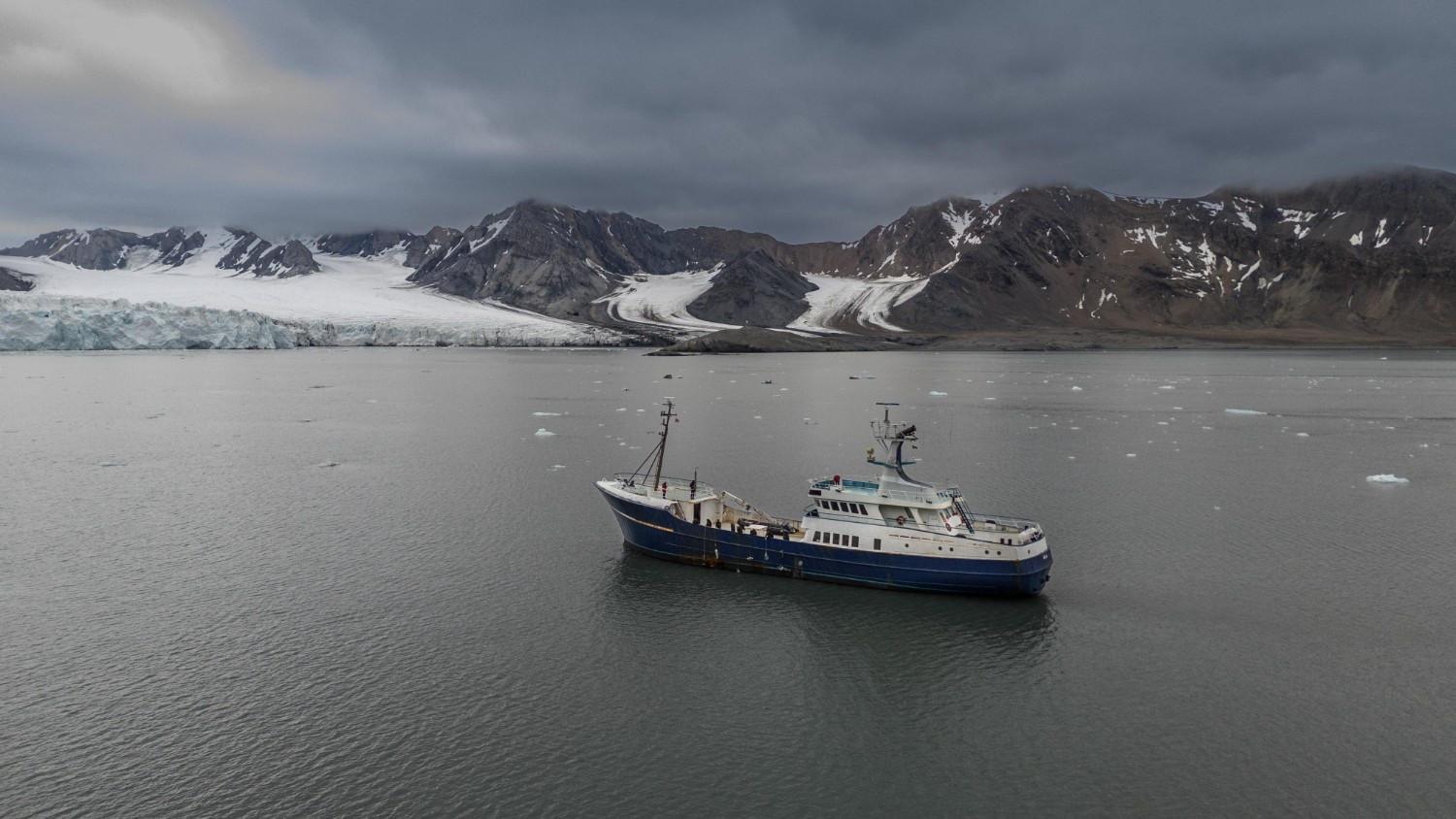
A 12-member team of Turkish scientists has returned home after completing the 5th National Arctic Scientific Research Expedition, a month-long journey to the Arctic Ocean aimed at deepening understanding of climate change and biodiversity in one of the world’s most fragile ecosystems.
The expedition, conducted under the auspices of the Presidency and coordinated by the Scientific and Technological Research Council of Türkiye’s (TÜBİTAK) Polar Research Institute, gathered extensive data on atmospheric conditions, oceanographic dynamics, marine biodiversity and environmental interactions.
The findings are expected to contribute to global scientific literature on the impacts of climate change, human activity and ecosystem shift in the Arctic.
Industry and Technology Minister Mehmet Fatih Kacır announced the successful completion of the mission via social media, noting that the team carried out 19 scientific projects across various disciplines.
“During the month-long mission in the Arctic Ocean, we collected comprehensive data on atmosphere, oceanography, biological diversity and environmental interactions,” the minister said.
“The data obtained will be presented to the scientific world regarding the impacts of climate change, human-induced impacts and ecosystem dynamics in the region. We will continue to strengthen our scientific activities for humanity’s sustainable future.”
The research team included representatives from TÜBİTAK, the Turkish Navy’s Hydrography and Oceanography Department and numerous Turkish universities.
Fieldwork was conducted across 70 sampling stations in and around Svalbard Island, using the 44-meter research vessel Sola sailing under the Vanuatu flag.
In addition to Turkish scientists, researchers from Argentina, Ecuador and Bulgaria joined the mission under bilateral cooperation agreements. International participants studied Arctic marine microbiota, resistance gene analysis, microbial comparisons between polar regions and environmental DNA techniques.
Three Turkish high school students, finalists in TÜBİTAK’s national research project competitions, also took part in the expedition, gaining first-hand research experience in extreme environments.
Arctic expedition leader Doğaç Baybars Işıler said preparations for the next mission are to begin immediately, as the complex logistics demand year-round planning.
The data collected will support future climate modeling and environmental policy, reinforcing Türkiye’s position as an active contributor to polar research.